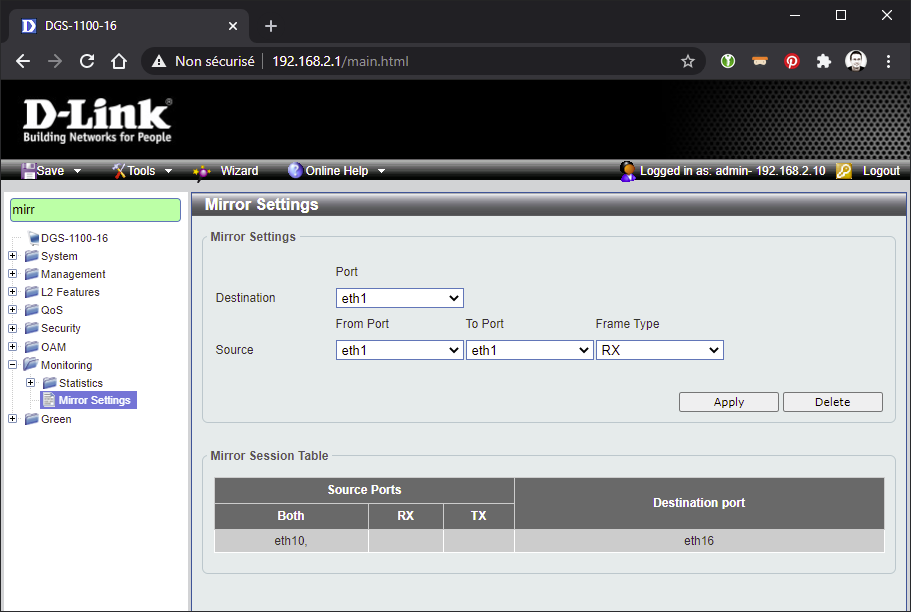
This will be temporary so edit /etc/nf and add or un-comment the line below to make the change permanent. Assuming your pi’s address is 192.168.0.2 edit /etc/f as follows # Remote DNS serverĮnable routing/IP forwarding : sysctl -w _forward=1
#Ntopng raspberry pi install
Installing dnsmasq: sudo apt-get install dnsmasqĬonfigure dnsmasq.

Local traffic will not be affected (or monitored) as it is on the same subnet and will not route via the PiĪpt-key add ntop.keyRaspbian Stretch (9.x) echo "deb armhf/" > /etc/apt//ntop.listĮcho "deb all/" > /etc/apt//ntop.list If that were the case I would suggest a different SoC board with true GbE rather than the Pi. Bear in mind that if you have superfast broadband ie over 150Mbs this is going to create a bottleneck and slow down your connection to the internet. This works for both wired and wifi clients. The pi then forwards on the traffic to you broadband router. Raspberry Pi 3B+ (Lower specs work but ntopng is quite CPU intensive)Įssential what we are going to do is use dnsmasq to set the default gateway on client devices so that all traffic is routed via the pi. The main difference here is that we are using ntop rather than his script for network analysis and dnsmasq to handle DNS and DHCP.

This guide takes some inspiration from Ronem Baram’s solution.

As most broadband routers don’t actually give you a lot of information about your network traffic I thought I would try and see what I could do with my Raspberry pi.


 0 kommentar(er)
0 kommentar(er)
